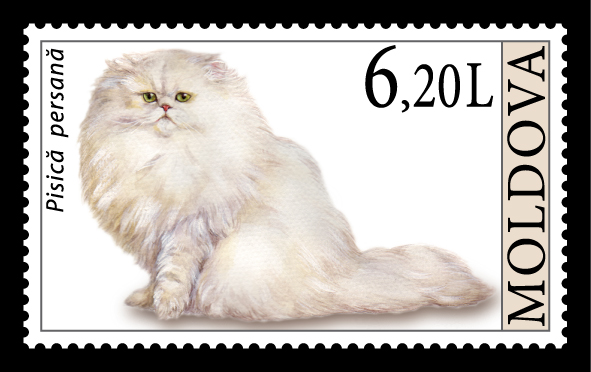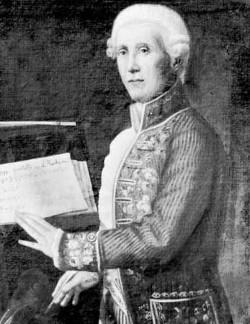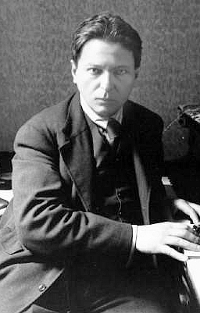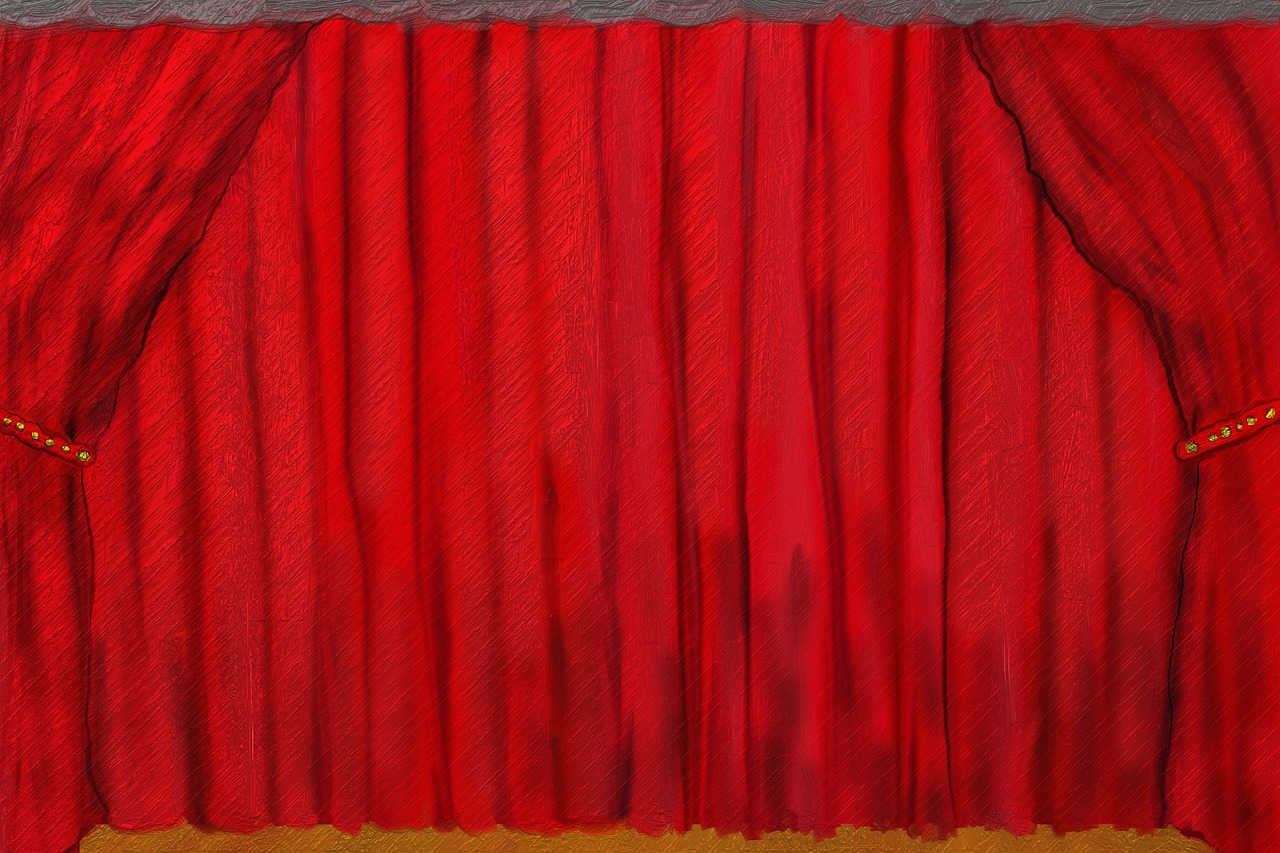ignoration
n. the state of being ignorant
debarrass
v. to disembarrass; to disencumber from anything that embarrasses
succedaneum
n. a substitute
arride
v. to please, gratify, delight
A ludicrous story is told of a great naval function which took place during the reign of the last Napoleon and the Empress Eugénie. Several American vessels were present, and they were drawn up in line to salute the Empress’s yacht as it passed. The French sailors, of course, manned the yards of their ships, and shouted ‘Vive l’Impératrice!’ The American Admiral knew that it was impossible to teach these words to his men in the time left to him, so he ordered his crew to shout ‘Beef, lemons, and cheese!’ The imperial yacht came on, and as it passed the fleet there was a mighty roar of ‘Beef, lemons, and cheese.’ And the Empress said she had never received such an ovation before.
— Current Literature, August 1893
UPDATE: Swansea poet Nigel Jenkins wrote an English phonetic version (not a translation) of the Welsh national anthem, so that Welsh people who don’t speak Welsh can join in:
My hen laid a haddock on top of a tree,
Glad barks and centurions throw dogs in the sea,
My guru asked Elvis and brandished Dan’s flan,
Don’s muddy bog’s blocked up with sand.
Dad, Dad! Why don’t you oil Aunty Glad?
When oars appear, on beer bottle pies,
Oh butter the hens as they fly.
I’m told this sounds convincing when sung with a Welsh accent in a crowd. Maybe they should just adopt these lyrics outright!
(Thanks, John.)
11/11/2018 In Sweden there’s a story that drought-stricken Scanian peasants assailed Queen Desideria with cries of Vi vill ha regn! (“We want rain!”) — the French-born queen was perplexed to hear “Vive la Reine!” (Thanks, Martin.)







